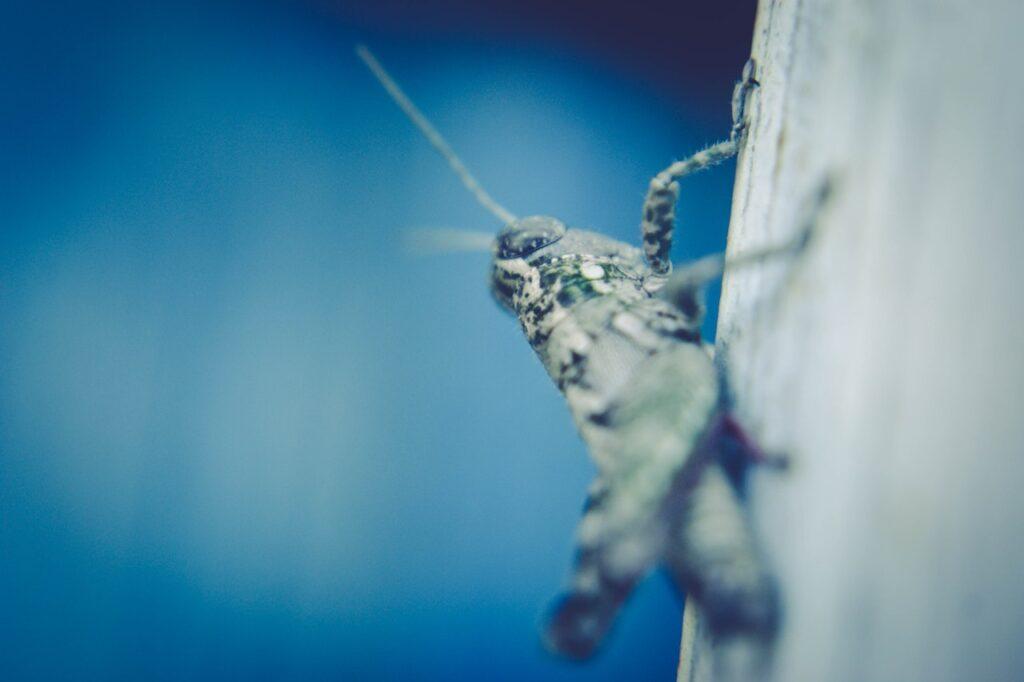Europeans now also allowed to eat cricket powder and small mealworms
The European Commission declares new insect products safe for consumption. So from Tuesday, powdered house crickets and the small mealworm will also be allowed in food.

Back in February last year, the European Union announced that three species of insects would henceforth be allowed for human consumption: the migratory spider cricket, the yellow mealworm and the house cricket. Now the European Commission is adding several more insect products to the authorised list. A further eight applications for insect food are currently under review by the EU.
Indeed, according to the European Food Agency, insects are a highly nutritious and healthy food source, being high in fat, protein, vitamins, fibre and minerals. Insects are also seen as part of the transition to a more environmentally friendly and plant-based food system. The creatures emit less greenhouse gases, have a lot less water and arable land, and convert food into protein much more efficiently than traditional sources of meat.
What is new is that domestic cricket may also be used in defatted powdered form, in addition to the current dried and frozen preparations. It is envisaged that cricket flour could be used to make bread, pasta, biscuits, beer and even in chocolate, among other things. The green light came after the European Food Safety Authority verified the new powder.
Earlier in January, the Commission also approved the use of small mealworms. The small mealworm may be used as (spread) paste, frozen, dried and powdered. Powdered mealworm larvae will also serve as a food supplement.
However, the European Commission insists that ingredients must always be properly declared on packaging labels. Manufacturers must always indicate which type of insect it concerns. After all, some people may be allergic to insect food, although this needs to be investigated further. This would mainly concern consumers who are also allergic to crustaceans, molluscs or house dust mites.
Related news
European Court of Auditors: EU Commission proposals affecting the common agricultural policy may cause uncertainty
🎧 Hallgasd a cikket: Lejátszás Szünet Folytatás Leállítás Nyelv: Auto…
Read more >EU Council approves changes to agricultural rules to boost competitiveness
🎧 Hallgasd a cikket: Lejátszás Szünet Folytatás Leállítás Nyelv: Auto…
Read more >European Commission to strengthen checks on agricultural products entering the EU
🎧 Hallgasd a cikket: Lejátszás Szünet Folytatás Leállítás Nyelv: Auto…
Read more >Related news
How does the forint exchange rate affect consumer prices?
🎧 Hallgasd a cikket: Lejátszás Szünet Folytatás Leállítás Nyelv: Auto…
Read more >HELL CITY has arrived, led by Michele Morrone
🎧 Hallgasd a cikket: Lejátszás Szünet Folytatás Leállítás Nyelv: Auto…
Read more >Two million people have already voted, so 57 million forints will be given to locals in 125 settlements, courtesy of Tesco
🎧 Hallgasd a cikket: Lejátszás Szünet Folytatás Leállítás Nyelv: Auto…
Read more >








